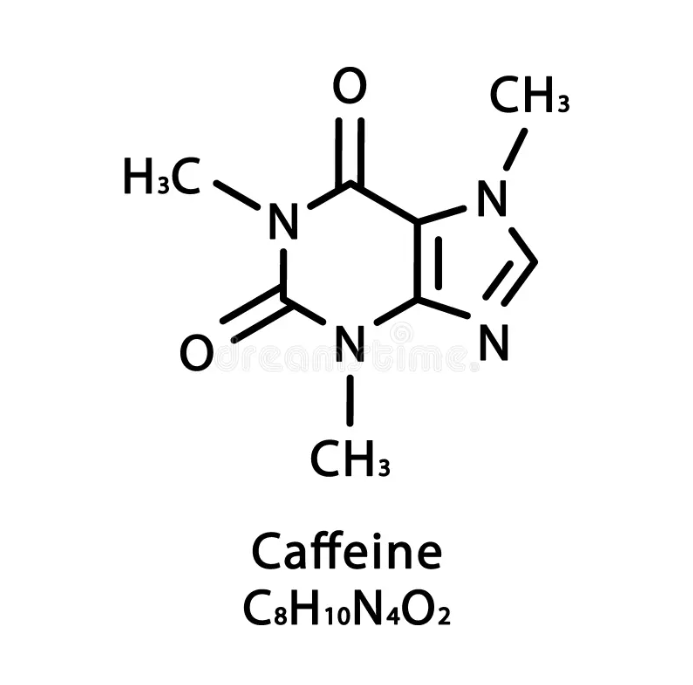Coffee, a beloved beverage for many, owes much of its allure to caffeine—a natural stimulant that profoundly influences our brain’s function. Understanding how caffeine interacts with our neural pathways not only demystifies our morning ritual but also sheds light on its broader implications for health and cognition.
Caffeine’s Mechanism of Action: Blocking Adenosine
At the core of caffeine’s effect is its interaction with adenosine receptors. Adenosine, a neuromodulator, accumulates in the brain during our waking hours, binding to its receptors and promoting feelings of drowsiness—a signal that it’s time to rest.

Caffeine’s molecular structure closely resembles that of adenosine, allowing it to bind to these receptors without activating them. By occupying adenosine receptors, caffeine effectively blocks adenosine’s calming influence, leading to increased neuronal activity and the release of stimulating neurotransmitters like dopamine and norepinephrine. This results in heightened alertness, improved mood, and enhanced concentration.
Impact on Mood and Cognitive Function
Beyond warding off sleepiness, caffeine’s stimulation of dopamine pathways contributes to its mood-enhancing properties. Regular consumption has been linked to a reduced risk of depression and a general sense of well-being.
Moreover, caffeine’s ability to enhance neurotransmitter activity translates to improved cognitive functions, including better memory recall, quicker reaction times, and increased problem-solving abilities.
Neuroprotective Benefits
Emerging research suggests that caffeine may offer protective benefits against certain neurodegenerative diseases. Studies have indicated that regular coffee drinkers have a lower risk of developing conditions like Alzheimer’s and Parkinson’s diseases.
The proposed mechanisms include caffeine’s role in reducing brain inflammation and its antioxidant properties, which help combat oxidative stress—a contributor to neuronal degeneration.
Physical Performance and Endurance
Caffeine’s influence isn’t confined to mental faculties; it also extends to physical performance. By increasing adrenaline levels, caffeine prepares the body for physical exertion, enhancing endurance and strength. Athletes often utilize caffeine to improve performance, as it aids in fat oxidation and reduces perceived effort during exercise.
Individual Variations and Tolerance
It’s important to note that caffeine’s effects can vary based on individual factors such as genetics, tolerance, and sensitivity. While moderate consumption—typically defined as up to 400 milligrams per day (approximately four cups of coffee)—is considered safe for most adults, excessive intake can lead to adverse effects like jitteriness, anxiety, and disrupted sleep patterns. Learn more about caffeine risks and benefits from this detailed article.
Conclusion
Coffee’s widespread popularity is underpinned by caffeine’s multifaceted impact on the brain. From blocking sleep-inducing adenosine to enhancing mood and cognitive function, caffeine acts as a powerful modulator of our neural activity. While moderate consumption offers various benefits, it’s essential to be mindful of individual sensitivities and consume caffeine in a balanced manner to fully enjoy its perks without adverse effects.






